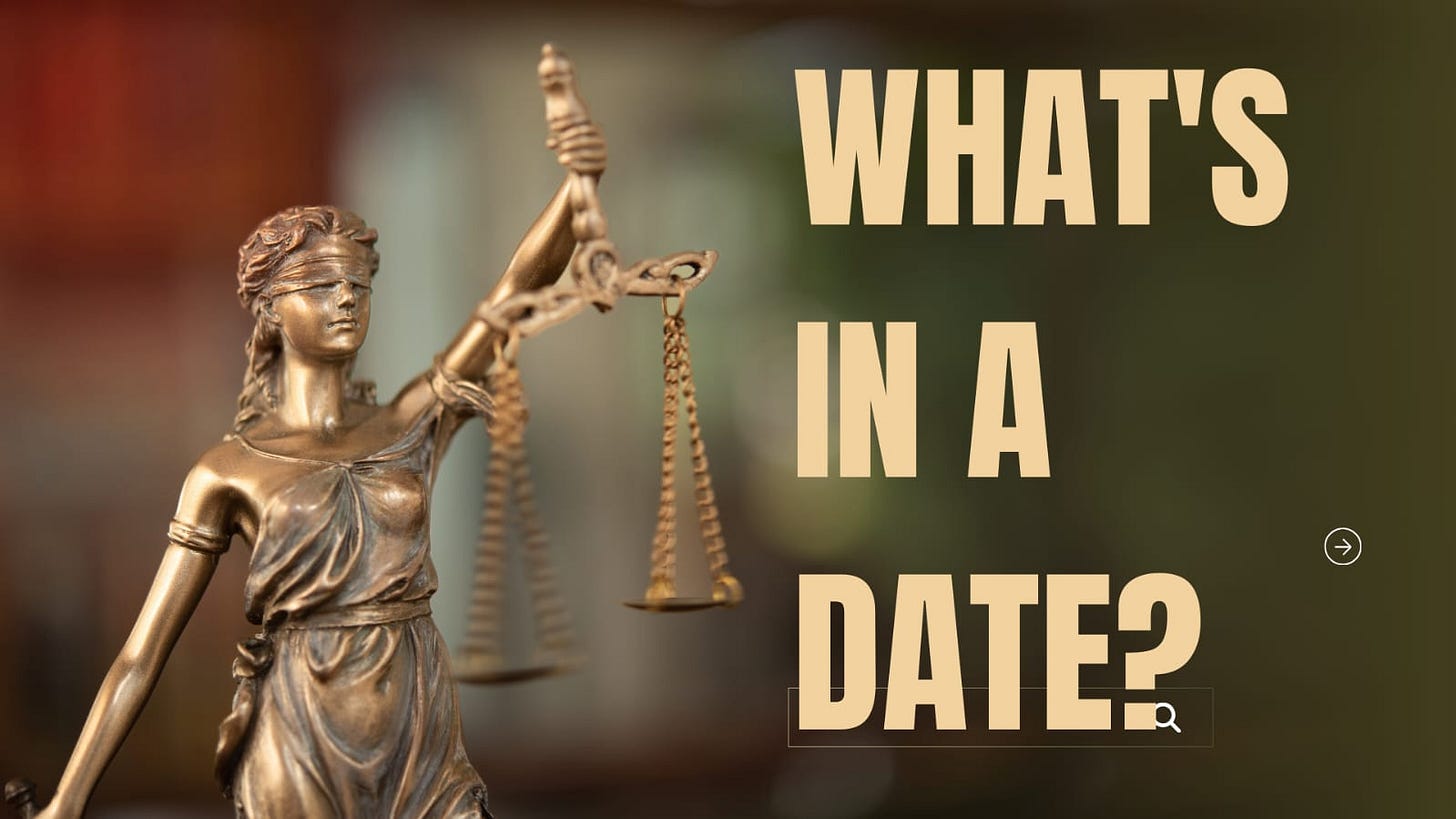#37 What's in a date?
Gulfisha Fatima was arrested in April 2020 under India's anti-terror law, for protesting a biased citizenship law. She writes powerful poetry and teaches basic writing skills to Tihar Jail's inmates.
Welcome to the third edition of All Things Indian, where I unpack the complexities of contemporary India. Each post is a short piece of fiction based on real people I have seen, heard of and met during my decades of reporting. Each story will give you a short insight into the state of affairs in India today.
As Sheela walked out of the air conditioned multiplex in Janakpuri last Saturday, the harsh sun rays pierced her bare arms. Uf, she told her 30-year-old daughter, how life can change from pleasant nippiness to scorching heat within seconds. “It is just a matter of the protective cover vanishing,” she stopped in her tracks, while saying it.
That is exactly what Gulfisha had told her a week earlier. On 9 April.
On that day, five years ago, Gulfisha was arrested. Sheela met her only a few weeks later, when she was brought to Tihar. It was Sheela’s responsibility to ensure all new inmates changed into prison uniform and were safely lodged into their respective cells.
Sheela had broad shoulders. “As many Jat women do,” she always said. Her headful of thick hair was pulled into a tight bun. “As many policewomen do,” she always said. Her sagging breasts were squeezed into her shirt. “As many older women do,” she always said.
Something about Gulfisha infused a sense of discomfort in Sheela. Was it her resolute posture? Her disarming smile? Her vulnerable face?
After several days of observing Gulfisha, she had still not been able to put her finger on it. One day when Sheela was helping the inmates assemble for a routine drill in the yard, she suddenly froze. “That is it" she said out loud to no one in particular.
Wrapped in an old shawl, buried deep inside a tin box was a framed photograph. Carefully pulling it out and placing it on the table top, Sheela let out a small sigh. She studied it for a long minute. Gulfisha’s gaze was very similar to her grandmother’s. Steady yet soft.
The year was 1930 and her grandmother, in her 20s, was standing in front of a police station in Hisar. Her cream saree was hugging her slim frame, her bare feet firmly placed on the ground. She stood alongside five other women.
Throughout her childhood Sheela had heard stories about how her grandmother was jailed for raising slogans of “poorna swaraj” or complete freedom from the British. Sheela’s father always had a sparkle in his eye when he narrated his mother’s stories of sacrifices and courage. “You are because she was,” he used to tell her.
One chilly December evening, Sheela found Gulfisha teaching a fellow inmate how to sign her name.
Sheela caught herself walking upto Gulfisha. She stood beside her for a moment before asking her why she was so passionate about teaching other women to read and write.
“How else will we know what is good for us?” the woman who was learning to sign her name responded. She said she was learning to read newspapers as well.
Sheela had read about Gulfisha in the papers. No one in Gulfisha’s family had completed MA or even a BA before her. She had graduated in Urdu literature. That explains the scraps of paper that are found strewn all over her cell with couplets scribbled on them, Sheela thought.
Over the next few months, Sheela found herself talking to Gulfisha more and more. What does her father do? What is her favourite food? What does she want to do with her life? Had she ever fallen in love? Did she feel betrayed by her own country?
At night, Sheela would lie on her back thinking about whether someone spoke to her grandmother while she was lodged in jail. Did they ask her questions too? Did she respond to them?
But Gulfisha is not Sheela’s grandmother. The two women were not just separated by many decades. They were also separated by hope.
Sheela’s grandmother walked out of the jail after three months as a hero. She walked into a society that was primed for a new life, excited about becoming its own country.
Gulfisha, whenever she walks out, will walk into a divided society with little hope for its peaceful future. A tired country, unsure of its identity. She would never be the hero who fought for justice and self respect.
Is Gulfisha really because Sheela’s grandmother was?
Sheela’s grandmother had the protective cover which could shield her the cold and heat. Gulfisha does not.
“This time I hope you get bail,” Sheela would smile at Gulfisha ever time she was to go to court.
Gulfisha would always smile back.





Sigh! Thank you for writing this. As ever, your words are powerful and unflinching from the truth
Just a beautiful, stunning piece of writing. I'm weeping.